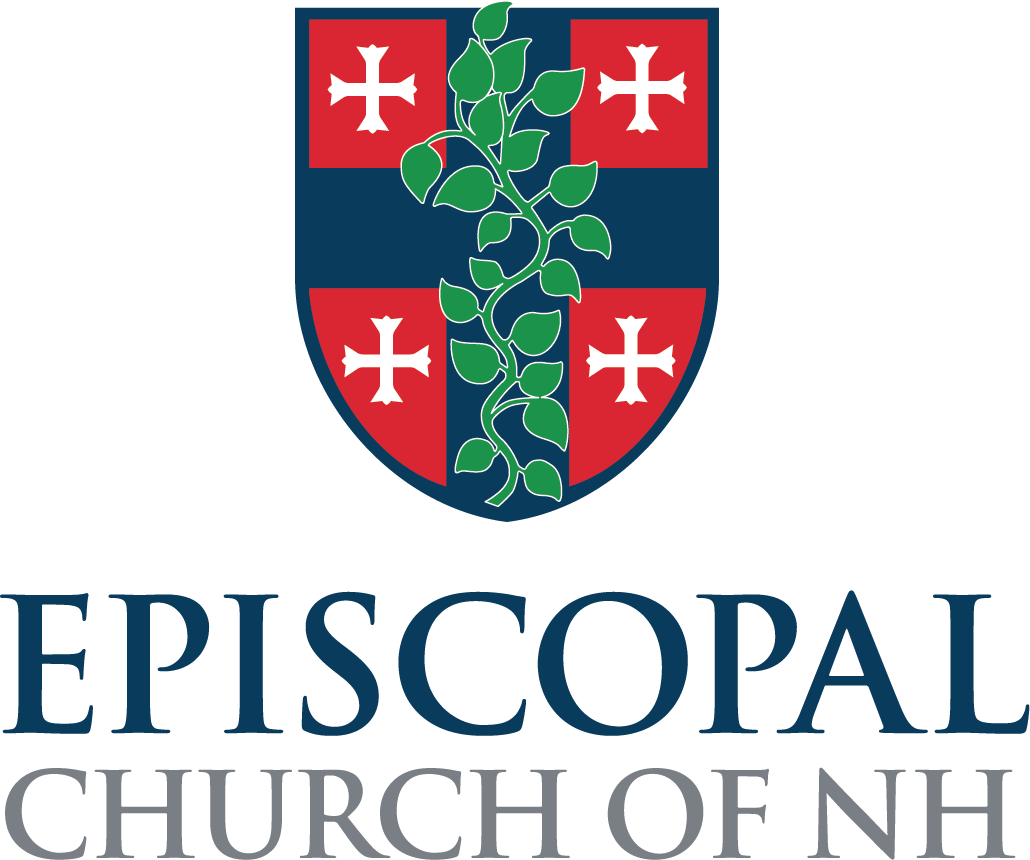I am not a politician. For this I thank God daily. Rather, I am a theologian and a pastor. My job, the one I took a vow to perform when I became your bishop, is to guide our conversations about what it means to follow Jesus. Who and what is God calling us to be and do, and how is God equipping us as citizens of God’s Realm in times such as these?
Clearly, we are in a political crisis in our nation. Some of the most basic, indeed founding, statements of what it means to be a citizen are questioned. Do we hold self-evident that all men, all persons, are created equal, endowed with certain inalienable rights: life, liberty, and the pursuit of happiness?
When Thomas Jefferson wrote the Declaration of Independence, that lofty claim extended only to white males, excluding women, peoples who lived for millennia on these shores, and blacks who had been forced into slavery, first arriving in the ironically named Point Comfort, in the colony of Virginia on August 20, 1619. The written noble aspirations of our Founders and the inconsistency of the society they actually formed and benefited from (and by extension many of us, including me) has provided the fuel for our struggles for justice, freedom, and dignity ever since. The term used to define that perennial struggle is “politics.” And everywhere I go, every parish coffee hour I share, I hear the lament of how painfully fraught and hateful, and even violent, our politics are at present.
I believe we are in as much a religious and spiritual crisis as we are a political one. We are facing a stark spiritual choice. Do we believe in a God whose power is manifest in anger, revenge, retribution, force, control, and violence? In other words, do we believe our God to be no different than the Greco-Roman gods like Zeus (known to the Romans as Jupiter), who required absolute obedience or else destruction would follow? To read Homer’s Iliad or Odyssey is to be introduced to the fickle and emotional insecurity of such gods, who considered human beings almost as children’s dolls. That’s one pattern for “godly” living.
I believe Christianity holds a radically different shape of faithful living. The God who Jesus embodies is proclaimed in a hymn that St. Paul quotes in this letter to the church in Philippi. To share “the mind of Christ” is to pattern one’s life on a God
who, though he was in the form of God,
did not regard equality with God
as something to be exploited,
but emptied himself,
taking the form of a slave,
being born in human likeness.
And being found in human form,
he humbled himself
and became obedient to the point of death—
even death on a cross. (Philippians 2:3-8)
For the ordinary Roman citizen, to hear that God would be willing to die rather than get his own way, or even to protect himself against evil, sounded not only utterly absurd but offensive. And yet, that’s precisely the God who the early Church proclaimed, preached, and practiced. More than weapons and crusades, or the alluring attraction of its basilicas, cathedrals and chapels, when the church follows the self-emptying way of love, it spreads and grows like a healthy life-bearing vine. Even, perhaps especially, when it is pruned or persecuted.
So, I am called to ask the Church and all who claim to walk in the way of the Cross, who is the Lord that we seek to follow? If it’s Jesus, the one who risked and lost everything so that he, and all humanity, can share the resurrected life right now, then how might that change the way we talk about the great “political” issues of our day? How might taking on the mind of this self-emptying God change the tenor of how we talk about immigration, guns, the health of our planet, and the inequitable state of our public schools?
Yours in the crucified and risen Savior Jesus,
Bishop Rob
The Rt. Rev. Robert Hirschfeld

